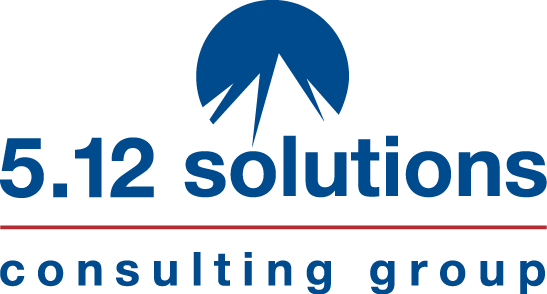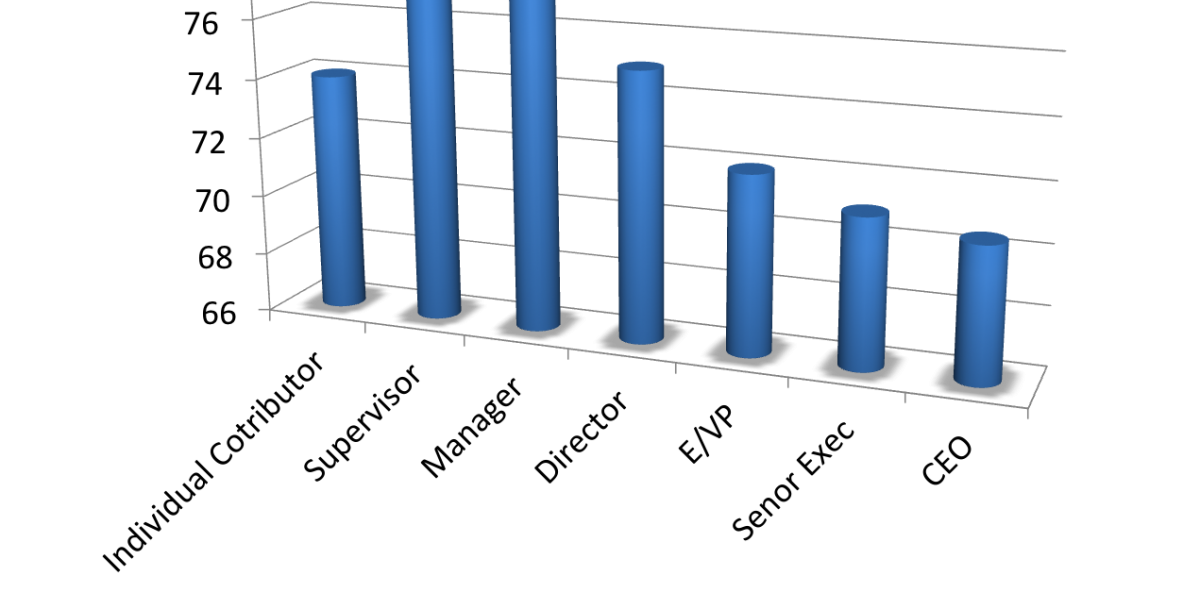In the past 3 posts I’ve made the case that the most important mindset shift a leader has to make to be successful in a senior leader role is to make the shift from being Smart to being Aware.
But, don’t just take my word for it. Here is some of the research that supports my argument.
From Daniel Goldman, author and researcher on emotional intelligence.
- In Daniel Goldman’s Harvard Business Review article What Makes a Leader, he says, “When I analyzed all this data, I found dramatic results. To be sure intellect was a driver of outstanding performance. Cognitive skills such as big-picture thinking and long-term vision were particularly important. But, when I calculated the ration of technical skills, IQ, and emotional intelligence as ingredients of excellent performance, emotional intelligence proves to be twice as important as the others for jobs at all levels.”
- Moreover, my analysis showed that EI played an increasingly important role at the highest levels of the company, where differences in technical skills are of negligible importance. In other words, the higher the rank of a person considered to be a star performer, the more emotional intelligence capabilities showed up as the reason for his or her effectiveness.
- When I compared star performers with average ones in senior leadership positions, nearly 90% of the differences in their profiles was attributable to emotional intelligence factors rather than cognitive abilities.
From EI 2.0 by Bradberry and Greaves:
- EI (Emotional Intelligence) is so critical to success that it accounts for 58% of performance in all types of jobs.
- EI is the single biggest predictor of performance in the workplace and the strongest driver of leadership and personal excellence.
- Of all the people we’ve studied at work, we have found that 90% of high performers are work also have high EQ .
- On the flip side, just 20% of low performers are high in EQ.
- Self-awareness is so important for job performance that 83% of people high in self-awareness are top performers, and just 2% of bottom performers are high in self-awareness.
- When you are self-aware you are far more likely to pursue the right opportunities, put your strengths to work, and – perhaps most importantly – keep your emotions from holding you back.
Emotional Intelligence and Leadership Roles
This may be the most compelling information from EI 2.0 to consider in your next leadership development program.
- We have measured EQ in half a million senior executives (including 1,000) CEOs, managers, and line employees across industries on six continents.
- Scores climb with titles, from the bottom of the corporate ladder upward toward middle management.
- Middle managers stand out, with the highest EQ scores in the workforce.
- But, up beyond middle management there is a steep downward trend in EQ scores. For the titles of director and above, scores descend faster than a snowboarder on a black diamond. CEOs on average, have the lowest EQ scores in the workplace.
Connecting the Leadership Dots – Back to Sal’s Perspective
So let me try to connect the dots. If the biggest indicators of success in senior leadership roles are awareness and emotional intelligence, Peter (as in the Peter Principle) is about to have a “hay day,” and, as a result, leaders at every level below will be forced to lead at lower levels too.
But wait, there’s hope.
Executives who have the highest EQ scores are also regarded as the best performers.
So…if you want to successfully navigate the complexity, consequence, and consideration that comes with senior leadership, you have to make the shift from being smart to being aware.
Your intellect and other innate characteristics will get you TO the role. Your ability to be self-aware and respond effectively in the moment will make you successful IN the role.

